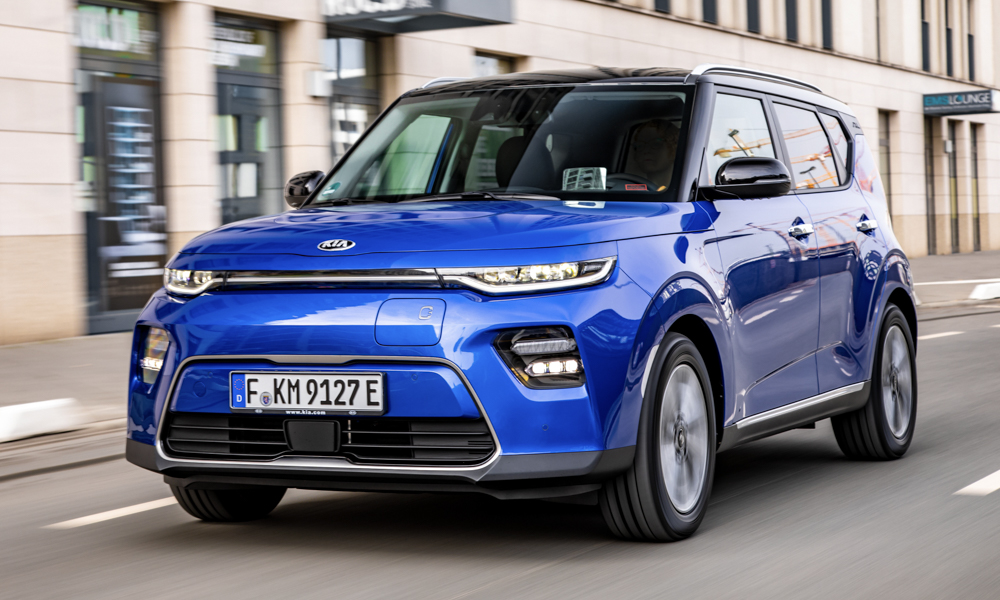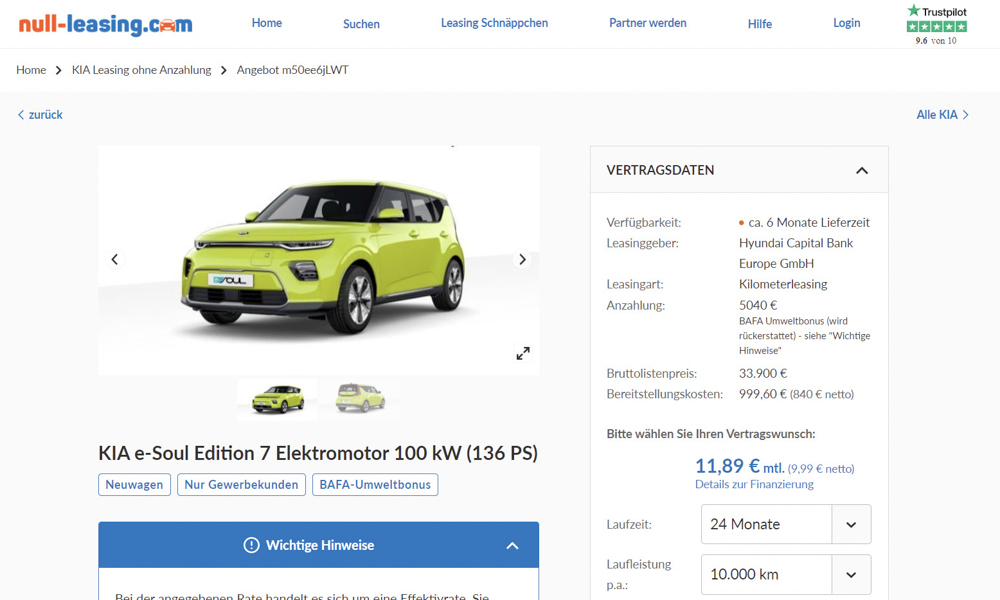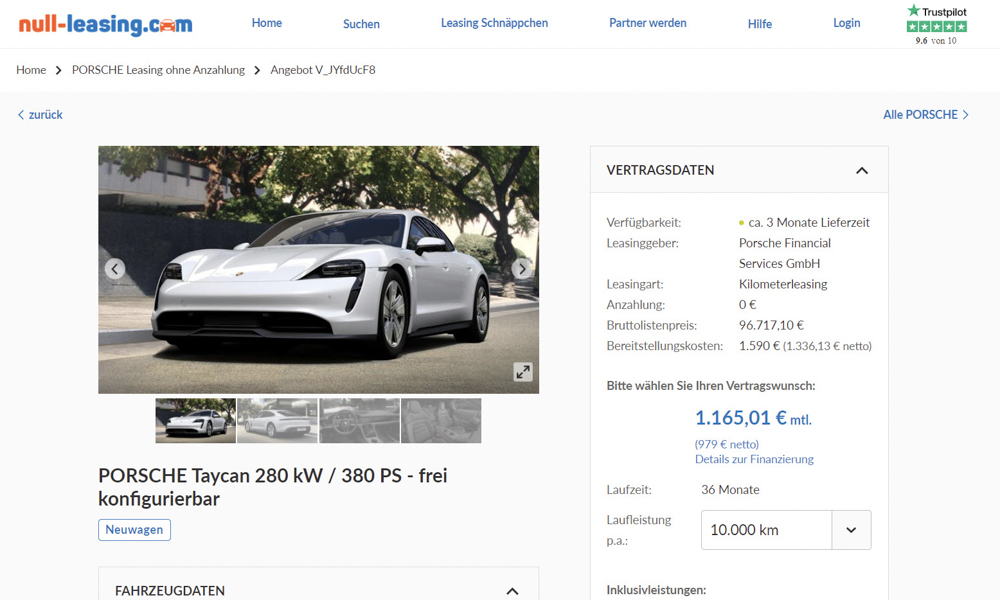
The Philippines desperately needs to do more to combat air pollution. While small steps have been taken, there are still way too many people getting sick and dying from pollutants emitted by gas- and diesel-burning vehicles. Even the cleanest Euro 6 motors still throw out enough toxins to give your lungs a hard time, and the best way to combat this (in the absence of modern public transport) is to switch to vehicles that emit no harmful emissions. Among these, electric vehicles are currently the fastest-growing type. And many countries around the world are actively encouraging their citizens to switch to battery-powered cars by subsidizing their acquisition. They realize that it might cost them a fair bit in the short term, but that the benefits of a cleaner environment are ultimately worth more than the money they pay toward each and every EV purchased.

Take Germany for example. Residents of my heimatland can get up to €9,000 (P521,000) toward a new EV, with the available government subsidy depending on the price of the vehicle. Even used EVs are still subsidized by up to €5,000 (P290,000), and these aren’t complicated deals with loads of small print. If you find an EV that you like, the electric stimulus payment is often taken straight off the sticker price at the dealer. This has resulted in some absolutely fantastic and sometimes insane deals for Teutonic motorists. The craziest and cheapest offer I have ever seen for any car gives you a brand-new Kia e-Soul for just €10 (P580) per month. No, that’s not a typo.
Here’s how this dream of an electric deal works. You need to be a business user based in Germany, and you’re willing to lease the car for a period of 24 months with an allowance of 10,000km per year. If you’re good with that, then the dealer will ask you to pay a deposit of €5,040 (P292,000), and then 24 monthly payments of just €9.99 net. The deposit amount is the exact amount you can claim back from the government, which is done by filling out a form and then just waiting for a check in the mail. The result is that you get a brand-new EV that you can drive for two years, and that will cost you no more than €240 (P14,000) in total leasing fees.

You might now say that a country such as Germany is rich enough to afford such generous electric subsidies, and that there’s no chance the Philippines could do something similar, but I’m not convinced by that. The human and economic costs of air pollution in the Philippines is frightening. An estimated 27,000 deaths per year are attributed to air pollution caused by fossil fuels, and 65% of that pollution is caused by vehicles, according to the Department of Environment and Natural Resources. The economic cost is around 1.9% of the GDP, and if we take 2019’s figure of $376.8 billion (P18.3 trillion) as basis, then that’s $7.3 billion (P352.5 billion) lost every year.
Now, imagine if we took just 1% of that figure—which is still a tidy $73 million (P3.55 billion)—and used it to pay anyone who buys a new EV $5000 (P243,000). We could subsidize over 14,000 vehicle purchases that way. Increase the figures and you’ll be able to encourage even more people to dump their old gas-guzzlers. Sounds nuts? Not really. It’s exactly what many countries around the world are already doing, and it’s high time developing nations like the Philippines got in on the act and worked on a cleaner future. So, if you want some free money toward your next (maybe first) electric car, then start lobbying congressmen. They are the ones who can make this happen. Who knows? Maybe we, too, can get a new car for P1,000 a month in the future.


0 Comments